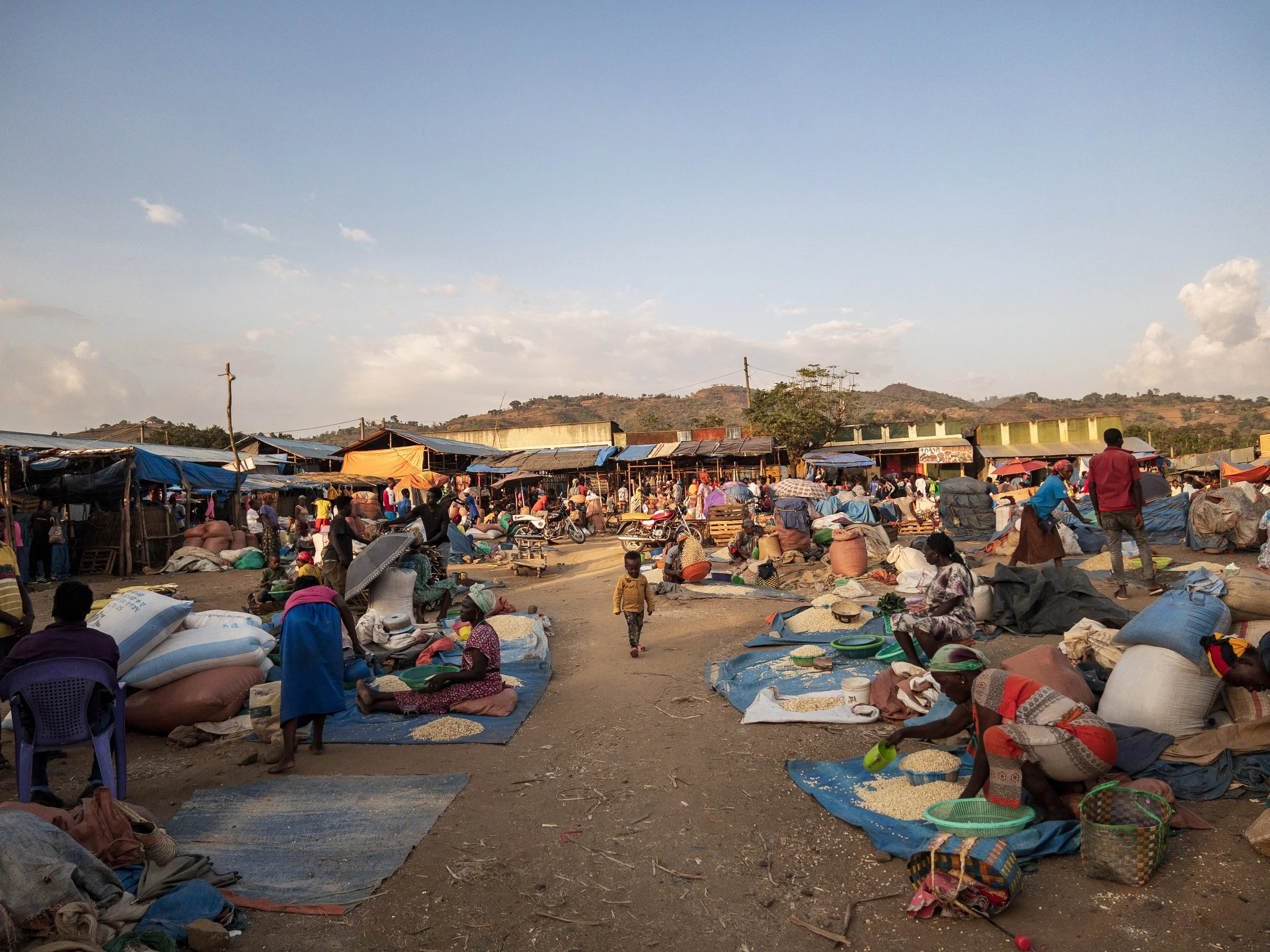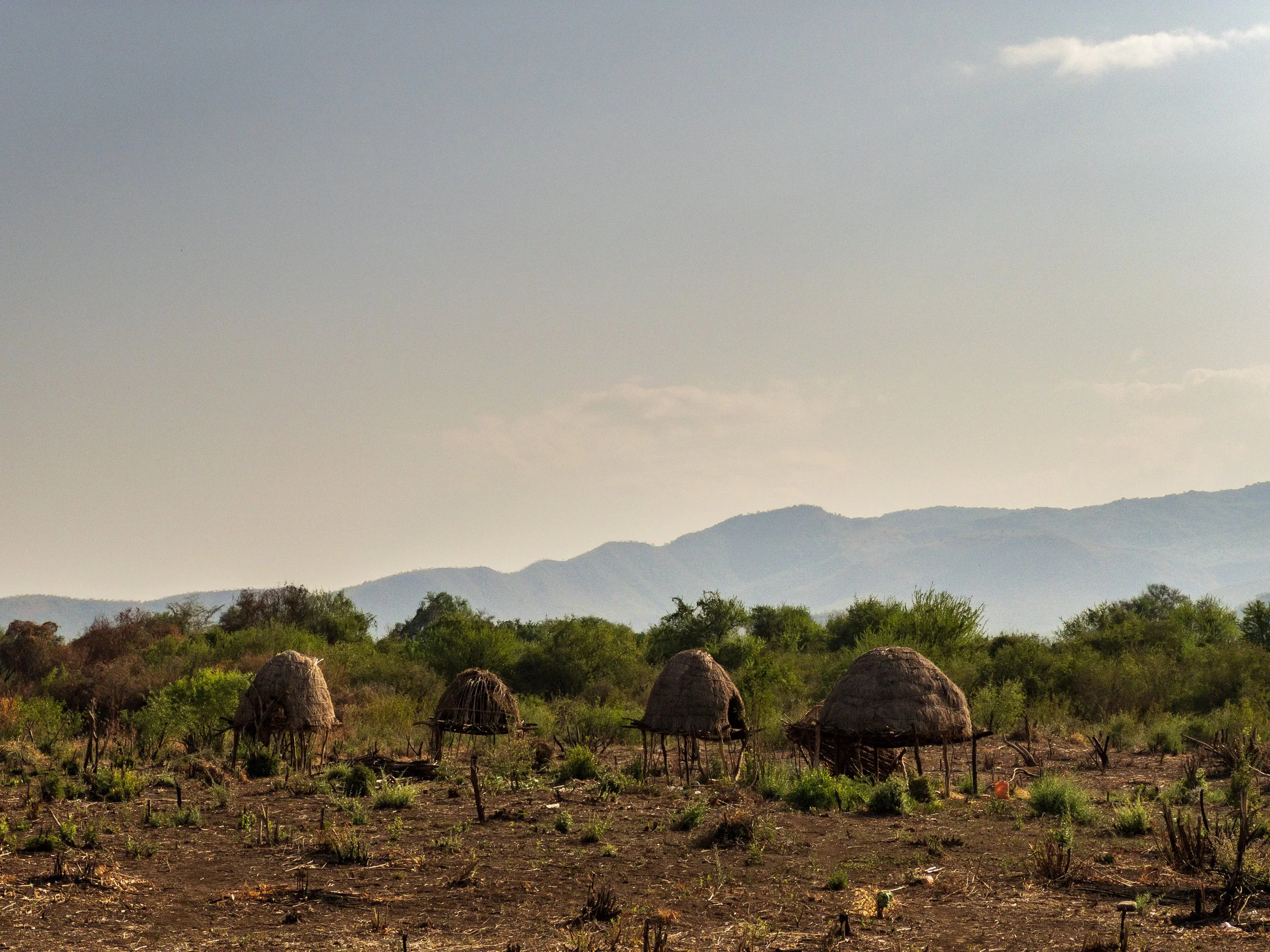
ETHIOPIA
COUNTRY #20
ALOO

Aloo’s Wisdom:
“I am happy”
“Anne Chumun”
(Mursigna)

About The Mursi
The Mursi Tribe is a Nilotic ethnic group originally from Southwestern Ethiopia. They inhabit the remote area of the lower Omo Valley. The Mursi are traditionally cattle herders and until recently were considered to be among the most isolated people in Ethiopia. Their main economy is centered around their own livestock which consists primarily of cows, goats, sheep and donkeys. While farming has become an increasingly important activity in recent years, pastoralism still plays an important role in their society. In addition to raising livestock, they also carry out hunting and gathering activities as well as fishing in some areas of the region. Their unique and traditional customs have been kept intact for centuries and they are renowned for their very ritualistic lifestyle - women wear richly colored lip plates while men partake in face-painting and body adornment as part of their culture. Their homes consist of circles made up of bent trees or sticks drenched with cow dung; these shapely huts provide essential protection against wild animals or enemy tribes who may cross through the land.

About Ethiopia
Ethiopia is a country located in East Africa with a population of over 117 million, making it the most populous landlocked country in the world. Ancient Ethiopia was home to the Kingdom of Aksum, which had its own unique language, laws and culture. The kingdom began in 200 B.C., and was a powerful nation in East Africa. At its peak it had control over much of the trade involving India, Arabian Peninsula and Egypt. Also known as Abyssinia, by 400 A.D., this empire was reigning over Syria and Yemen while engaging with several major Mediterranean powers at that time such as Rome and Persia. This empire eventually fell into decline until it was annexed by Italy in 1887, however Ethiopia then regained its independence in 1941 when British forces liberated it from Italian occupation during World War II. The nation has a rich religious history, having been one of the earliest Christian nations on record and continues to be deeply connected to its spiritual roots. Additionally, coffee is not only native to Ethiopia but has been integral to its economy for centuries, with coffee production still essential for many families today. The country holds an incredibly diverse selection of landscapes, ranging from subtropical deserts in the northeast to tropical forests in its southwest regions. The varied landscapes are home to a wide variety of native wildlife such as lions and giraffes that can be found dwelling in protected reserves throughout the country.

TRAVELOGUE
Chapter 20: Ethiopia
Coming Soon…



